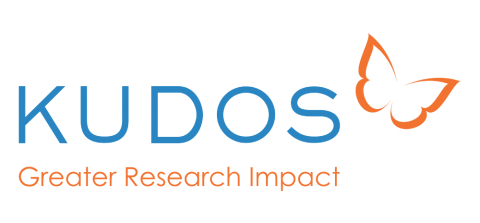F1000Research has partnered with Kudos, a free service that provides researchers with simple tools to maximize the reach and impact of their published articles. We want to help ensure that research reaches the widest possible audience. The service is suitable for all academics, including those who are not already active on social media and might welcome…
On 20 and 21 May MSF Scientific Day in London will kick off three events presenting research from the MSF field programs around the world. MSF Scientific days showcase how the organisation/charity is pushing to improve the effectiveness of medical humanitarian aid and raise awareness of the fight against neglected diseases. As well as the…
Each month we scan our poster and slides submissions and feature one as our ‘poster/slide of the month’. April’s choice is: “The Type 2 Diabetes Knowledge Portal: accelerating type 2 diabetes research through community access to human genetic information and tools”. It was presented by Maria Costanzo, from the Broad Institute, at the 9th International…
In response to rising concerns about irreproducible science and the lack of somewhere to openly discuss these issues, we recently launched the Preclinical Reproducibility and Robustness Channel. Our aim is to provide a place to publish confirming and non-confirming studies with the full methodologies and underlying data being made available. We want the channel to…
It’s Friday, so take a break to catch up with what’s new in open science this week! HAVE A GREAT WEEKEND. [View the story “Here are some of the latest stories in #openscience for the week of 22nd of April, 2016” on Storify]
This guest post is contributed by Imma Subirats & Jenny Knighton, both of the Food and Agriculture Organization of the United Nations. Imma is the co-chair of the Research Data Alliance Interest Group on Agricultural Data (IGAD), which is the subject of this post. She is also an advisor to the OKAD channel on F1000Research,…
The quality assurance and confidence in commercially available antibodies is something researchers naturally expect. Antibodies are a mainstay reagent in laboratories globally, but despite their abundant use they’re often the source of experimental torment. Inconsistencies in antibody catalogues and batch-to-batch variability means sometimes researchers are unable to reliably provide expected results and this uncertainty ultimately…
I recently attended the EU Presidency Conference on Open Science in Amsterdam. Refreshingly (and speedily), on the day after the conference, a draft Call for Action was issued. The challenge is for the various working groups being convened by the EC to turn the Call into action. Open science is often talked about as a…
This year is the 40th anniversary of S, the ancestor of R – the open source language that has become an indispensable tool to the life sciences. It is also the 15th anniversary of Bioconductor, the software project focussing on the analysis of high-throughput genomic data, which is built on R. To mark these occasions…
It’s Friday, so treat yourself to a 10 minute break from what you are meant to be doing and catch up with all that’s been happening in the world of open science this week! HAVE A GREAT WEEKEND. [View the story “Here are some of the latest stories in #openscience for the week of 4th…








